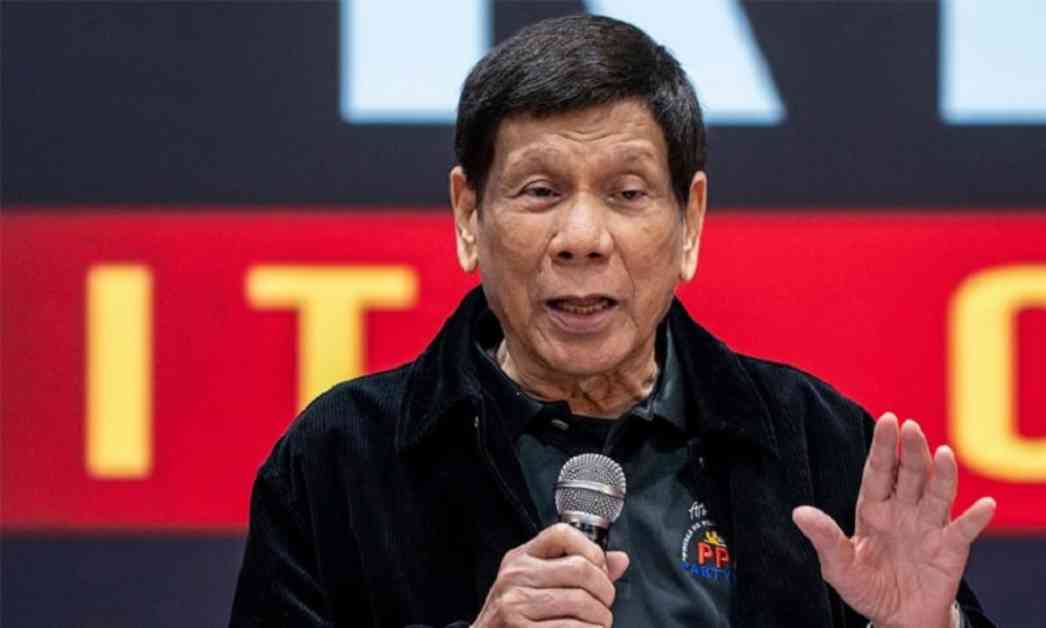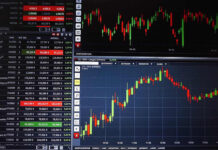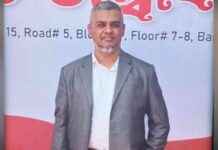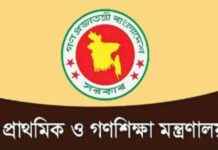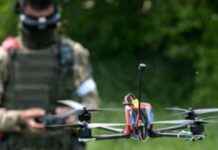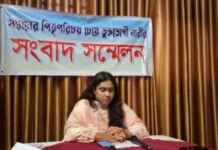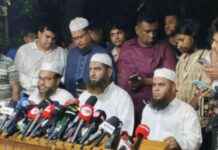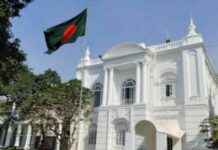Former Philippine President Duterte Arrested for Crimes Against Humanity
Rodrigo Duterte, the former president of the Philippines, was apprehended by authorities in Manila on Tuesday following an International Criminal Court (ICC) warrant linked to his controversial war on drugs. The 79-year-old now faces a charge of “the crime against humanity of murder” for his administration’s relentless crackdown, which saw thousands of individuals, primarily impoverished men, lose their lives, often without substantial evidence tying them to drug-related activities.
The unfolding of events leading to Duterte’s arrest was a confluence of international legal proceedings and domestic public outcry. The ICC warrant was delivered to Interpol Manila, prompting the authorities to take action swiftly. Duterte, who was known for his strongman persona during his time in office, found himself in a vulnerable position, demanding an explanation for his detention through a video shared on social media by his daughter.
As the news of Duterte’s arrest reverberated across the nation, contrasting reactions emerged. While his supporters expressed disbelief and outrage, those who had been critical of his administration’s brutal anti-drug campaign welcomed the development with relief. Organizations advocating for the victims of the crackdown hailed the arrest as a long-awaited moment of justice. The widespread anticipation for Duterte to be held accountable for his actions underscored the significance of this pivotal moment in the Philippines’ history.
Reactions to Duterte’s Arrest
Among those celebrating Duterte’s arrest were groups dedicated to supporting the families of individuals who had fallen victim to the drug war. Rubilyn Litao, a coordinator for Rise Up for Life and for Rights, expressed the relief felt by many affected families, emphasizing the sense of closure this arrest brought to their long-standing quest for justice. The sentiments of these individuals reflected the deep-seated trauma and loss experienced by countless Filipino families during the tumultuous period of Duterte’s presidency.
The arrest also sparked responses from various human rights organizations, urging the government to expedite the process of surrendering Duterte to the ICC for trial. The call for accountability resonated strongly among advocates and activists who had tirelessly campaigned for justice in the face of impunity. The collective demand for Duterte to face the consequences of his actions represented a critical juncture in the ongoing fight for human rights and legal accountability in the Philippines.
The Legal and Political Landscape
Duterte’s arrest marked a significant turning point in the complex legal and political dynamics of the Philippines. The former president’s staunch defense of his anti-drug campaign, characterized by a ruthless approach to law enforcement, had long been a source of contention both domestically and internationally. The ICC’s assertion of jurisdiction over Duterte’s actions, despite the Philippines’ withdrawal from the court in 2019, underscored the enduring impact of his administration’s policies on the global stage.
The subsequent legal proceedings and political implications surrounding Duterte’s arrest highlighted the interconnected nature of justice, accountability, and governance. The ongoing debate over the role of international institutions in adjudicating human rights violations brought to the fore the complexities of navigating sovereign interests and universal ethical standards. Duterte’s arrest served as a stark reminder of the enduring legacy of his presidency and the ongoing struggles for justice and reconciliation in the aftermath of his tenure.
In conclusion, the arrest of former President Rodrigo Duterte marked a watershed moment in the history of the Philippines, symbolizing the intersection of legal accountability, political reckoning, and social justice. As the nation grappled with the implications of this unprecedented event, the echoes of Duterte’s presidency reverberated through the collective consciousness of a society seeking closure, healing, and a path forward towards a more just and equitable future.
